Customer Services
Copyright © 2025 Desertcart Holdings Limited
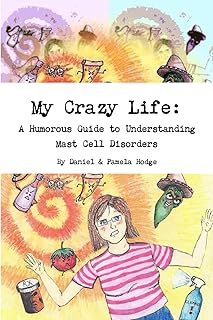

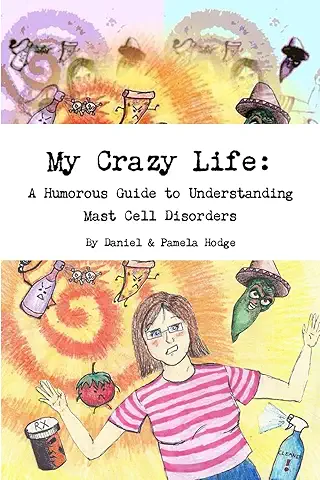
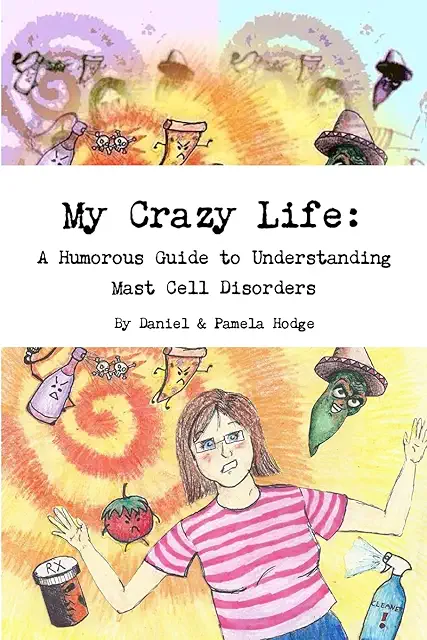
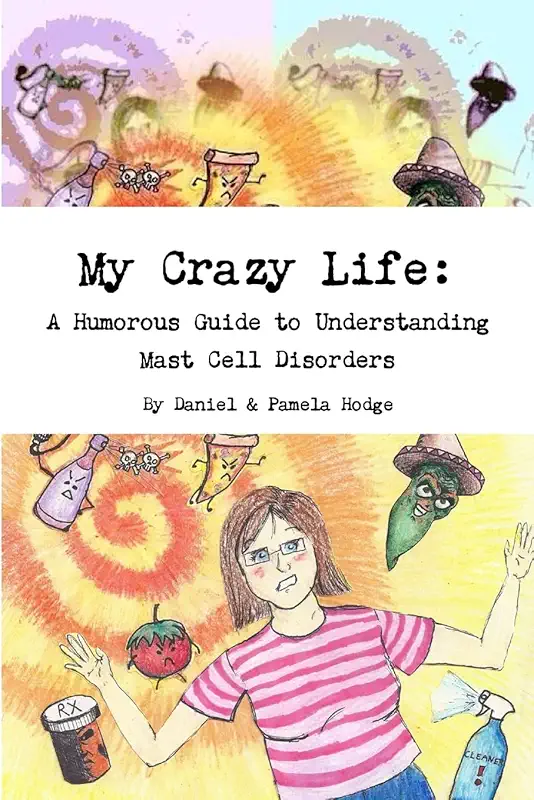
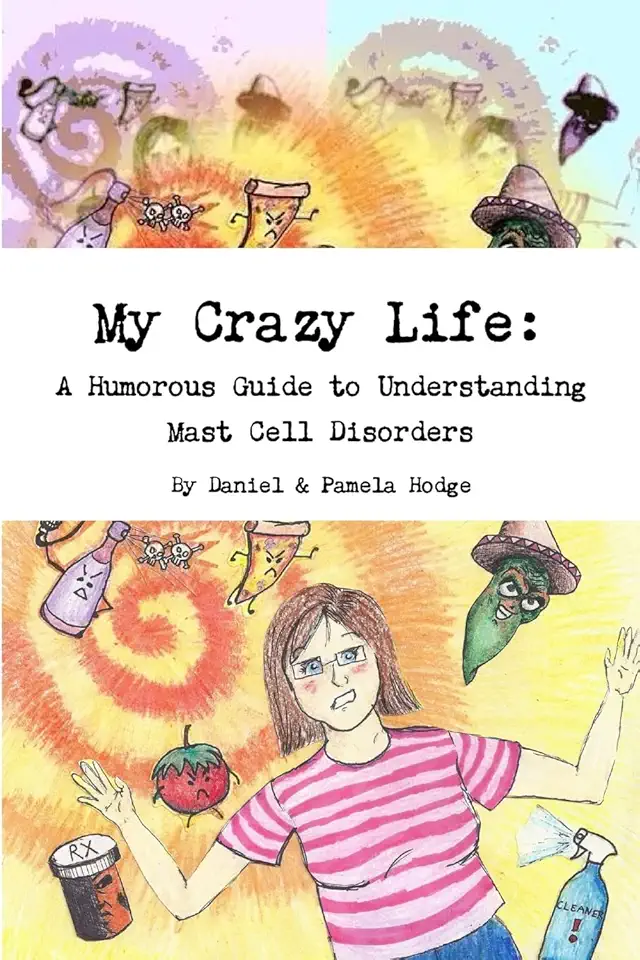
Full description not available
M**A
This real story can save you years of struggle!
Invest 1-2 days to read Pam's story and save years of struggle.Yes, she didn't arrive to a satisfying conclusion at the end however, her story pinpoints the aspects you need to look at and improve in your environment and life in general that can save you and your beloved ones.Although I didn't agree to the constant use of antihistamine medications etc. however this doesn't stop me from giving 5 stars rating or recommending her great story.If I were to write another edition of her book, I would have added a bunch of herbal remedies that could help people with Mast Cell Activation Diseases get ride of what is causing these sudden and severe reactions.One of the top of the list of stabilizers a person with MCAD could take is the black seeds "nigella sativa". It is allowed for even pregnant and breastfeeding mothers. The daily dose for very sick people is 1 gram of it with a teaspoon of pure honey morning and evening. For the rest of us we can have 1 gram daily in the morning also with honey. It is believed to be the cure for everything except death.In order to see improvement you will have to follow these steps:1. Cut off all items Pam mentioned in her book.2. Perform a 3 days intestinal cleans by drinking a glass of freshly juiced apple, make sure it is organic and not waxed! Otherwise you will need to remove the skin. Drink one glass early in the morning, the second at the mid of the day, the third evening. Do this for three days, if you can't take it, you better have a hydrotherapy colonic (1-2 times 5-7 days apart is enough), or use enema for 3-5 days.3. Start taking 1 gram (around 1/3 a tsp) of black seeds "nigella sativa" with a tsp of pure honey in the morning before breakfast and drink a glass of warm or room temperature water. Make sure you chew the seeds or you can grind it for every 1 tablespoon of the nigella sativa add 3 tbsp of honey. You can have a teaspoon in the morning and another in the evening, this way you will consume around 1 gram a day.4. Every week have in one day only 1 tsp of cress garden seeds twice a day to encourage your intestine to drive toxins out of your body. To prepare it you can add it to a glass of boiling water, let it steep for 10-15 minutes before you drink it, you can sweeten it with pure honey. If this step didn't suit you especially for people with active crohn's and colitis you can have Apple juice as laxative to drive toxins out two times a day every 2-3 days.One last thing, there are few typos and broken hyperlinks however I still can't remove any star as she did a great job in analyzing, capturing and laying down the information in a story that the rest of us can read and understand.Well done Pam, may Allah guide you to the right answers soon.Xoxo,Mouza
R**D
I loved this book and highly recommend it!
I have been dealing with MCD like symptoms for years, but no one recognized it, even when I had to go to the ER. I’m recently seeking a diagnosis through a chain of chance events. When I read this book, I felt validated that someone understands. I learned valuable information, and I felt sorrow because I didn’t want the book to end.
K**M
Good read
Much better than other book I read. Shares lots of her personal trials which some people might not want to read, but I liked being able to compare it to my own life experience. Good info about mast cell disorders. I recommend it.
C**R
My Crazy Life: A Humorous Guide to Understanding Mast Cell Disorders’ by Pamela Hodge,#MastCellDisease #MCAS #CIU
Catastrophe, family crisis: but what is worse than a health crisis that brings down not only the person who is sick, but pretty much everyone else around them. Humor helps to get us through the worst of times, but only some of us are capable of resurrecting humor in a bad situation - when that situation is, a horrendous health problem belonging to us! She sensitively addresses the loss of friendships as well as the alienation of family members, and loss of the ability to work.My Crazy Life: A Humorous Guide to Understanding Mast Cell Disorders’ by Pamela Hodge covers all the bases and would be choice reading for anyone trying to help someone with their deadly illness, or just from the aspect of wanting to be the best of all possible friends to that person. Her husband weighs in with enthusiasm and frankness to all those partners - so that even that aspect of this struggle, is illuminated. Having MCAS and CIU myself (Mast Cell Activation Syndrome and Chronic Idiopathic Urticaria [hives]) for over five years, I can say from experience that this is a horribly debilitating disease.Pam touches on all areas and provides readers with links to sites to locate not only more disease related information, but also information on hypoallergenic soaps or makeup. She does her best to be a wellspring of minute by minute quips to help the person or family member, cope. Since there is no area of your life that does not require major change in an effort to hold this “disease” at bay (or condition - but I would call it a disease), she thoroughly and accurate depicts the necessary work that goes into redoing ones’ life during this process. Don’t overlook this book because it is written by a lay person - you would be missing out on very sound, and also very humorous, advice.#MastCellDisease#Mastocytosis#MastCellActivationSyndrome#ChronicIdiopathicUrticaria#Angioedema#Anaphylaxis#Hives#GastrointestinalDisorders#GERD#Acid Reflux#Asthma#Allergies
Trustpilot
1 week ago
4 days ago